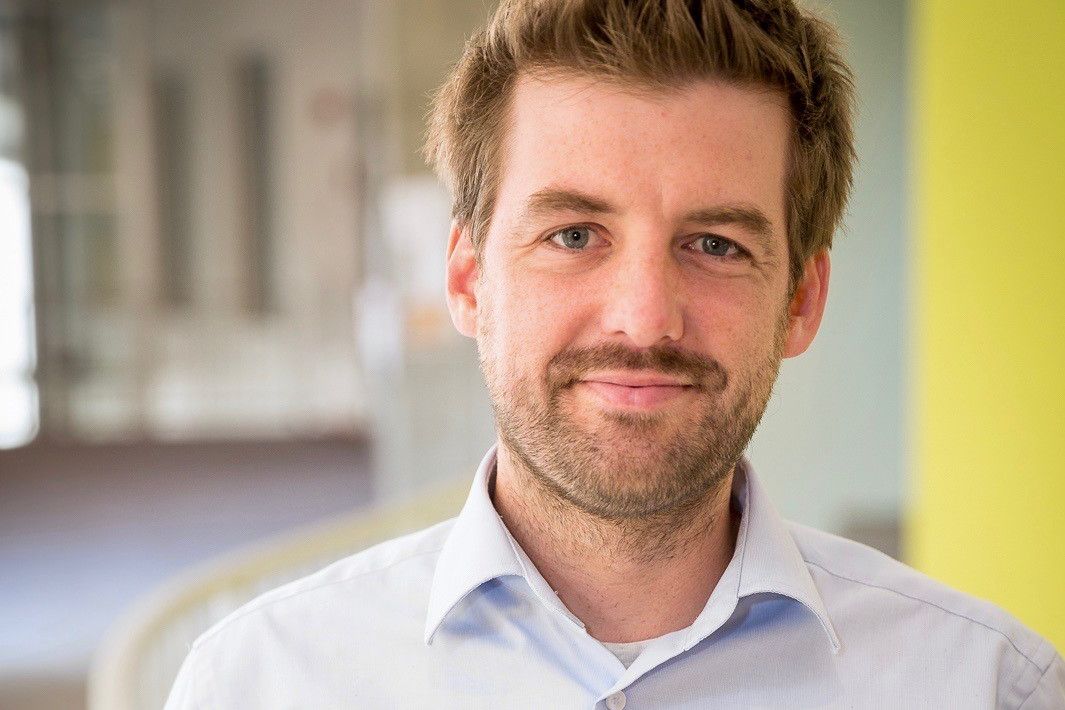
(Vienna, 01-06-2021) Georg Langs was appointed to the Professorship of Machine Learning in Medical Imaging at the beginning of June 2021. Langs heads up the Computational Imaging Research Lab at MedUni Vienna‘s Department of Biomedical Imaging and Image-guided Therapy.
Georg Langs studied mathematics, earning a Masters degree at the Vienna University of Technology, and completed a PhD in computer science at Graz University of Technology in 2007. From 2007 to 2008, he was post-doctoral associate at the Applied Mathematics Laboratory of the Ecole Central de Paris, and member of the GALEN group at INRIA Saclay, Ile-de-France. From 2009 to 2011, he was a research scientist at the Computer Science and Artificial Intelligence Lab at Massachusetts Institute of Technology, where he remains a Research Affiliate, spending part of the year at MIT as a member of the Medical Vision Group.
At Medical University of Vienna, he heads up the Computational Imaging Research Lab at the Department of Biomedical Imaging and Image-guided Therapy. On June 1st, he became Professor of Machine Learning in Medical Imaging at Medical University of Vienna
Machine Learning in Medical Imaging
Machine learning is becoming an increasingly important part of precision medicine, essential for the prediction of individual disease course and treatment response based on rich data including imaging, genomics, patient history, or clinical information.
"Using Machine Learning to automate what we are already doing is not enough. Its most important contribution will be in helping us to discover something new: expanding the vocabulary of patterns leading to treatment decisions or pointing us to new relationships."
Georg Langs is dedicated to deeply integrating scientific work in machine learning and precision medicine to enable the resulting models not only to predict, but to inform our understanding of the underlying disease- and response mechanisms. This expanding role of machine learning is critical as it becomes part of the development of novel treatments, and the discovery of phenotypes relevant for treatment decisions.
"Progress is only possible in inter-disciplinary research teams who, on a routine basis, bring together expertise and intuition in machine learning, clinical imaging, and precision medicine. The Medical University of Vienna is a perfect environment for this," says Langs.